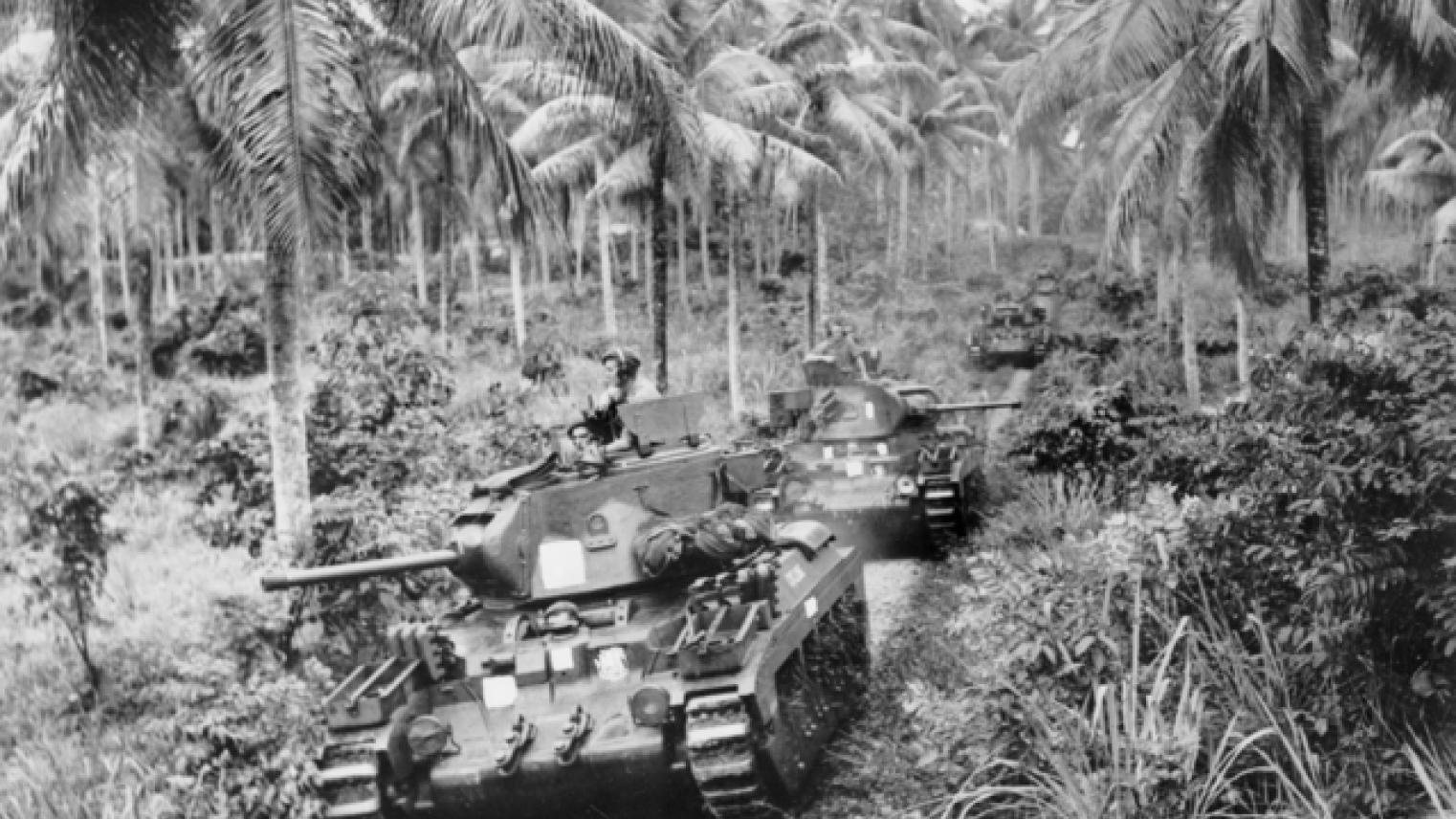Can a colonised population commit treason during invasion, when one coloniser replaces another? This was a question posed during 1943, when the Australian Army tried and convicted 42 Papuan men of treason. The paper focuses on the Oro Province, then known as the Northern or Mambare District of Papua, and its dominant population, the Orokaiva. During the Japanese invasion, several groups of Allied civilians and service personnel had been ‘betrayed’ by local people and executed by the Japanese. Retribution was swift when Australian forces reoccupied the disputed territory. The trials constituted both a reassertion of Australian authority in the region and an effort to ensure the compliance of the Orokaiva with the Army’s requirement for carriers and labour to support the military effort. Drawing on both published material, memoirs and extant oral history interviews with family members of convicted Papuans, the paper also considers new archival sources, such as trial depositions, to explore the 1943 treason trials in Papua. In doing so, the tropes of ‘Fuzzy Wuzzy Angels’ and ‘Japanese Captains’ are examined afresh. The trials revealed far more than the chaos of invasion: they explored questions of loyalty, race, resentment and power. The paper argues that questions of justice, always contingent in the Territories of Papua and New Guinea, became manifestly improvident during wartime.
Speaker
Christina Twomey is Professor of History. Her research focuses on the social and cultural history of war, with a particular interest in imprisonment and internment, gendered violence, trauma, Australia-Asia relations, humanitarian and aid programmes, and visual cultures of atrocity. Her most recent work focuses on Australia's Asian garrisons and regional engagement during the Cold War period.
